Don't choose a "hot" school, choose a "suitable" school.
The high school graduation exam has just ended, and thousands of students across the country are embarking on a new journey: choosing the right university. Many students and parents are struggling with the question: should they choose a “hot” school or a “suitable” school?
In reality, the criteria for choosing a school for today's generation of students are changing a lot. Public universities with high entrance scores used to be the number one choice for families of students. But in the current context of globalization, among the differentiating factors such as public or private universities, domestic or international, almost no factor is as decisive as before.
The distribution of university choices among high-ability students is becoming more evenly distributed across university models, with an emphasis on finding a learning environment that better suits their personal development goals.
A typical example is Do Vinh Phuc , a former student of Le Quy Don High School for the Gifted (Da Nang). Phuc received 4 scholarships from prestigious schools at the same time when taking the high school entrance exam: VinUni University; RMIT University; Fulbright University Vietnam; and British University Vietnam (BUV). After considering his personal goal of finding a highly applied learning environment, Phuc chose British University Vietnam.
According to Phuc, the learning environment at British University Vietnam combines serious academics with space for students to develop their own identity. Simulation exercises, projects with businesses, diverse and quality internship opportunities have helped Phuc practice practical thinking and shape a clear direction for himself.

Phuc’s story partly reflects a clear trend in university selection today: students and parents increasingly emphasize the “suitability” factor. Instead of following the crowd, many young people today spend time researching carefully to determine the learning environment that best suits their personal orientation, when weighing a variety of training models.
International study “on the spot”
In addition to the public-private model, many shifts also come from families who are placing their hopes on studying abroad. The changes in international policy and diplomacy have caused many families to start to reconsider. The future of the "going abroad" path is not necessarily a worthy investment.
At the same time, international university models are emerging in Vietnam, gradually becoming ideal and equal alternatives for many excellent students.
Studying abroad in the UK was Dang Hong Nhung’s “first wish” since her student years at Phan Dinh Phung High School ( Hanoi ). However, when considering the cost and quality, Nhung’s family realized that studying in an international environment in Vietnam was an equally good option compared to studying abroad. When choosing a school, Hong Nhung prioritized factors such as training philosophy and culture.

Studying abroad was also a plan that Nguyen Tram Anh, a former Olympia High School student, pursued when she was in high school. But after careful research, she chose to stay in Vietnam to study with a clear strategy: study at a domestic university, then exchange or transfer internationally, saving costs, but still having a global experience.
Tram Anh prioritizes schools with international standards to motivate herself to develop in the right direction. “I carefully research the educational philosophy and school culture before making a decision. Because this is where I will be staying for 3-4 years, I have to feel that it is suitable to study well,” Tram Anh said.
Because of the investment efficiency – both financially and in terms of personal development, British University Vietnam was the final choice of both Hong Nhung and Tram Anh.
The door opens to the world
Despite having different intentions, many students find their fit in international university environments such as British University Vietnam. These are places that not only have international standard quality study programs, but also provide an environment for them to develop comprehensively, from academics, skills, foreign languages to critical thinking ability and global integration ability.
Hong Nhung - a third-year student of the Faculty of Business at BUV - said that studying in a British-standard environment with a globally recognized degree right in Vietnam is not easy to find.
With modern facilities, mostly foreign lecturers, the learning environment encourages critical thinking and personal development, similar to the experience of studying directly at a university in the UK.
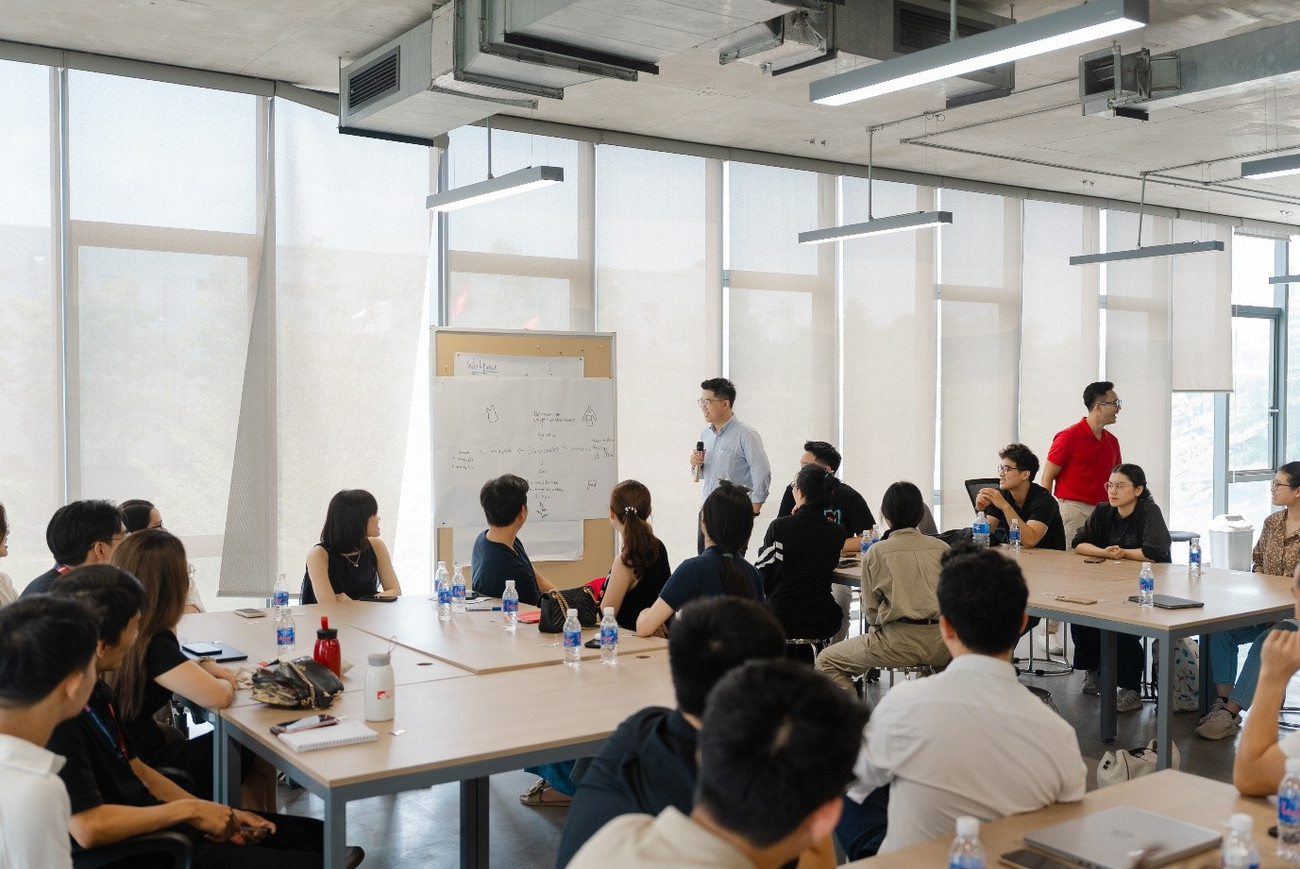
Not only do they have in-depth academics, the subjects at BUV are also designed to be closely linked to business reality, equipping students with the skills to confidently enter the labor market.
Tram Anh loves the dynamic and open-minded culture of the school. She shared that studying at BUV has many similarities to studying abroad, especially the teaching methods, active learning methods, and assessments based on creative thinking, not just theory.
“The biggest difference compared to studying abroad is that I get to be close to friends and relatives – something that many people feel empty about when studying abroad,” Tram Anh said.
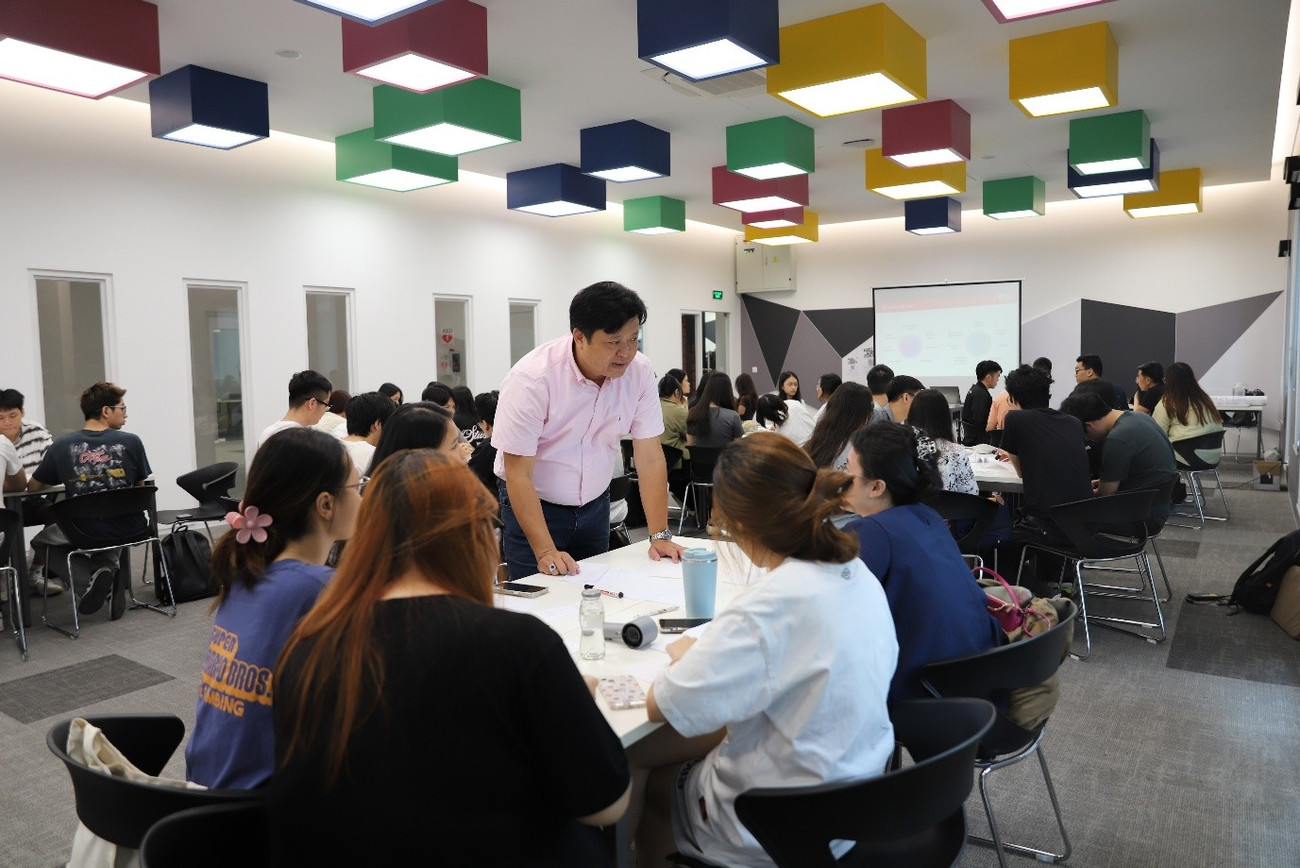
Entering her final year in Business Administration, Tram Anh is preparing to transfer to study at the University of Manchester (UK). This is a popular pathway at British University Vietnam, where students can expand their study abroad experience at nearly 70 prestigious universities in more than 15 countries on 5 continents, through short-term study abroad programs or semester exchange programs, transfer to final years, or study for a master's degree.
It can be said that the high school exam results are just one of many doors that open the long learning journey ahead. In the context of constantly changing education and the labor market, strategic choices – balancing training quality, costs, experiences and long-term development opportunities – are the decisive factors to open the door to success for the young generation.
Learn more about BUV: https://www.buv.edu.vn/
Source: https://tienphong.vn/khi-nguyen-vong-1-khong-con-quyet-dinh-viec-chon-truong-post1761644.tpo







![[Photo] Cutting hills to make way for people to travel on route 14E that suffered landslides](https://vphoto.vietnam.vn/thumb/1200x675/vietnam/resource/IMAGE/2025/11/08/1762599969318_ndo_br_thiet-ke-chua-co-ten-2025-11-08t154639923-png.webp)





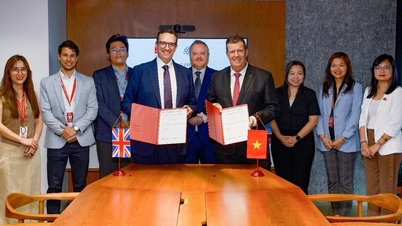


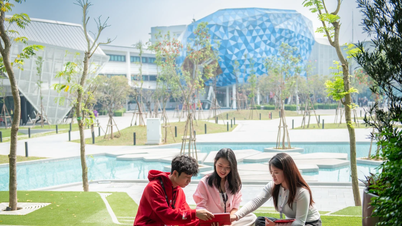
![[Video] University of Foreign Languages - Vietnam National University, Hanoi received the First Class Labor Medal](https://vphoto.vietnam.vn/thumb/402x226/vietnam/resource/IMAGE/2025/11/08/1762614378165_gen-h-z7203450341291-b1f427bb0cccc706a5bcc4b985f90a70-7234-jpg.webp)



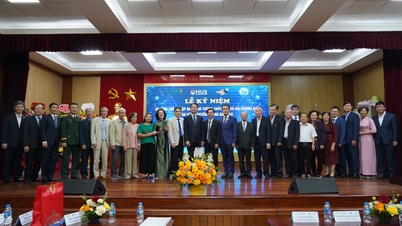


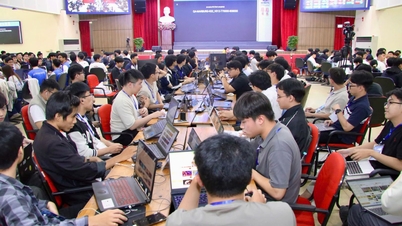

















![[Video] Hue Monuments reopen to welcome visitors](https://vphoto.vietnam.vn/thumb/402x226/vietnam/resource/IMAGE/2025/11/05/1762301089171_dung01-05-43-09still013-jpg.webp)














































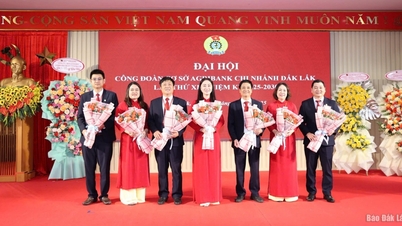
















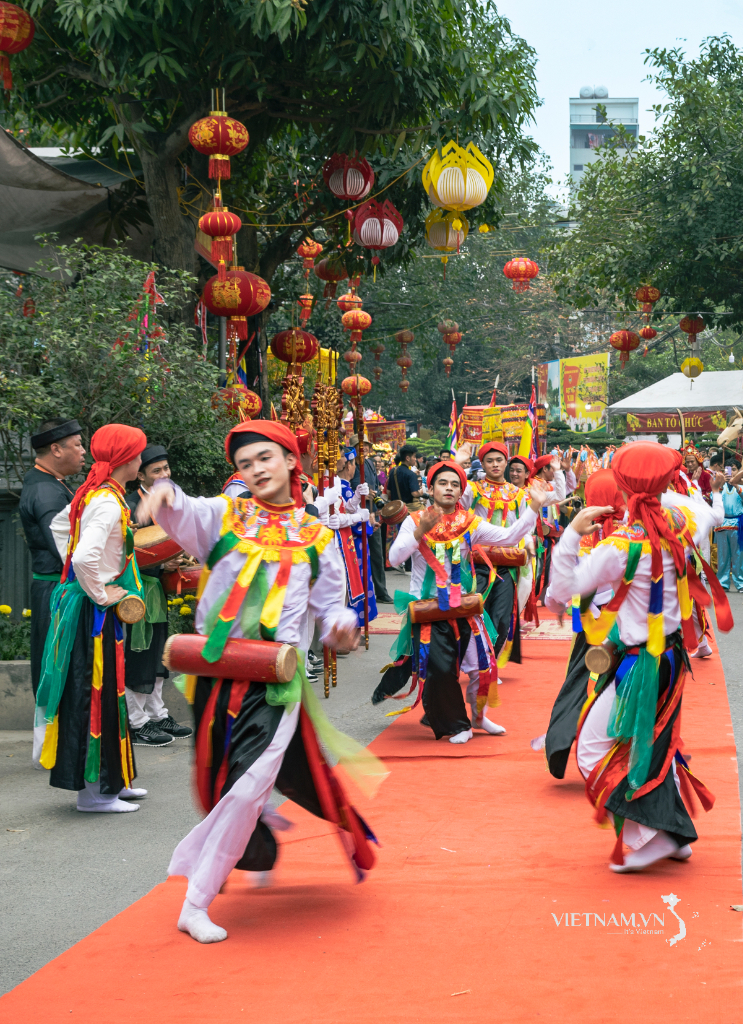

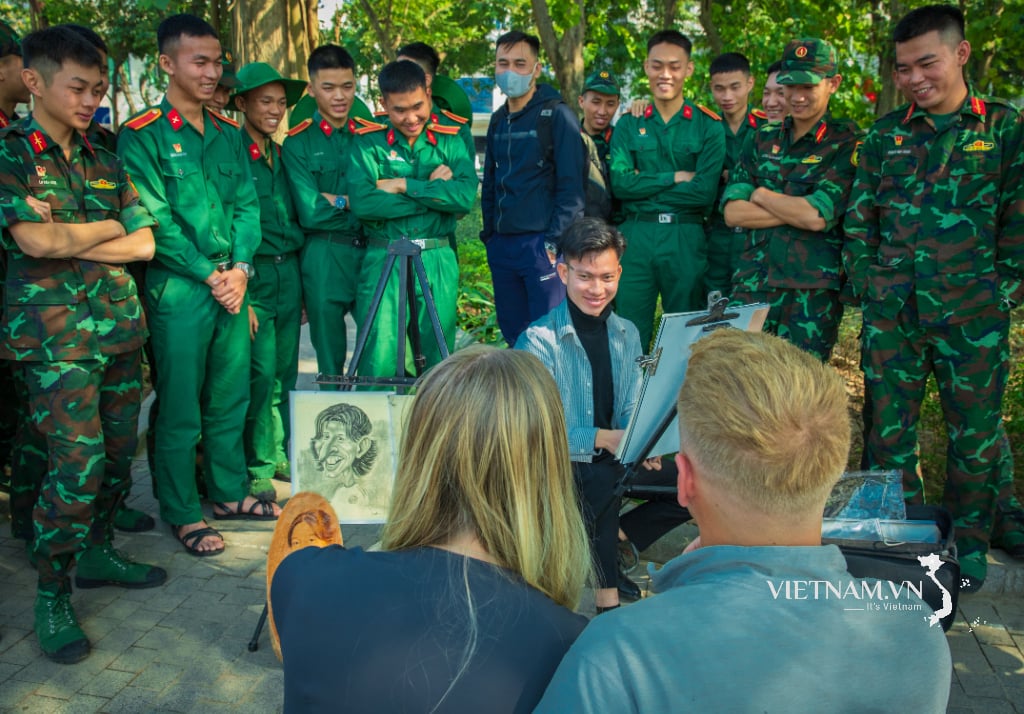
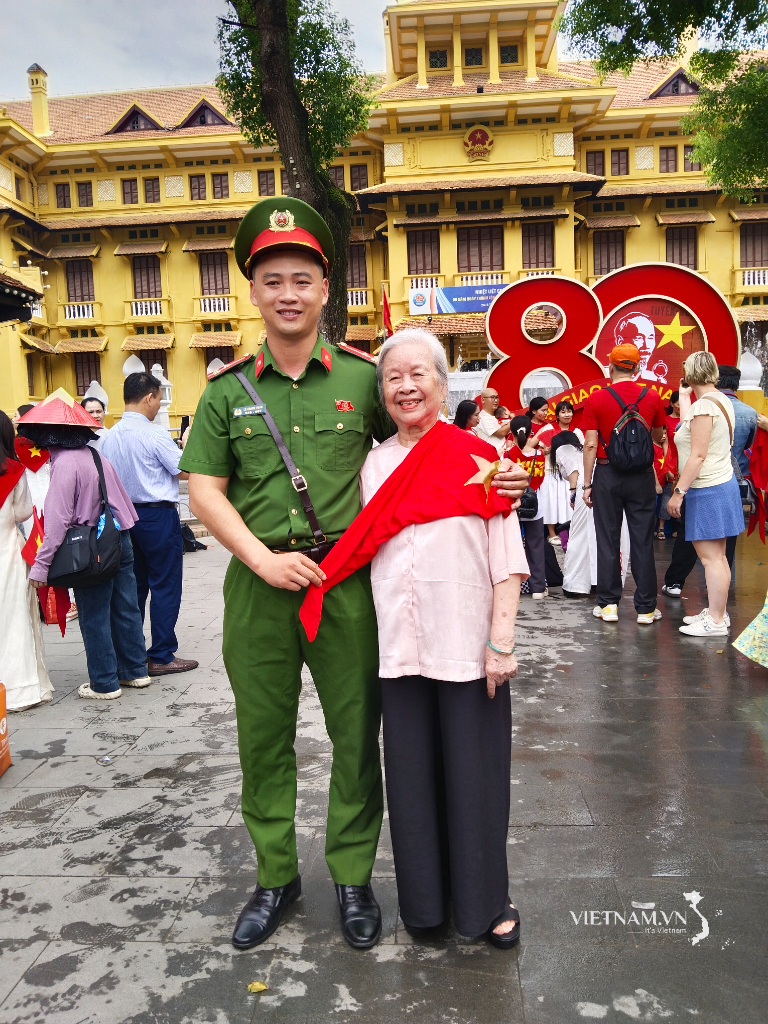
Comment (0)